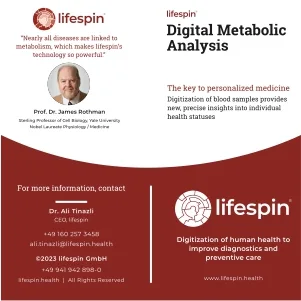December 2023- Baxter International Inc., known for its contributions to infusion therapies and technologies, has completed the initial phase of an inventive intravenous (IV) bag recycling program in collaboration with Northwestern Medicine. The pilot, a first-of-its-kind in the U.S., has diverted more than six tons (12,000 pounds) of polyvinyl chloride (PVC) IV bag waste from landfills.
The collaboration between Baxter and Northwestern Medicine marks an important step toward sustainable healthcare practices. The pilot addresses the common practice of disposing of non-hazardous IV bags, typically made of PVC, as waste destined for landfills after draining residual fluid.
“Across the country, hundreds of thousands of IV bags are used every day. Baxter is a proud manufacturer and supplier of these bags, which are ubiquitous in hospital care—particularly single-use plastic containers that provide patients clinically essential solutions including fluids, nutrition and medicines,” said Cecilia Soriano, president of Baxter’s Infusion Therapies and Technologies division.
The collected PVC IV bags are transported to dedicated third-party logistics and recycling partners. These partners inspect and repurpose the bags into useful products, such as industrial floor mats and protective edging for docks and landscaping.
“We are proud to pilot this program with Baxter to be the first health system in the nation to begin recycling PVC IV bags,” said Jeff Good, Northwestern Medicine’s first chief sustainability executive and vice president of operations. “What started as a single-unit pilot is now standard practice across several of our inpatient units within Northwestern Memorial Hospital and has resulted in the recycling of more than 170,000 IV bags.’’
As Baxter focuses on waste reduction, the successful pilot establishes a proof of concept for a program aimed at helping hospitals recycle plastic IV bags. Northwestern Medicine plans to continue and expand the program throughout its health system. Baxter is actively seeking additional health system participants in the Chicago area to validate the process and economic feasibility, to implement the program on a larger scale and potentially roll it out to health systems across the country.
This initiative builds on Baxter’s global experiences in partnering with hospitals and waste collection companies to recycle valuable materials at the end of product life. The success of similar programs in Australia, New Zealand, Guatemala, and Colombia points to Baxter’s commitment to sustainable healthcare practices worldwide.












